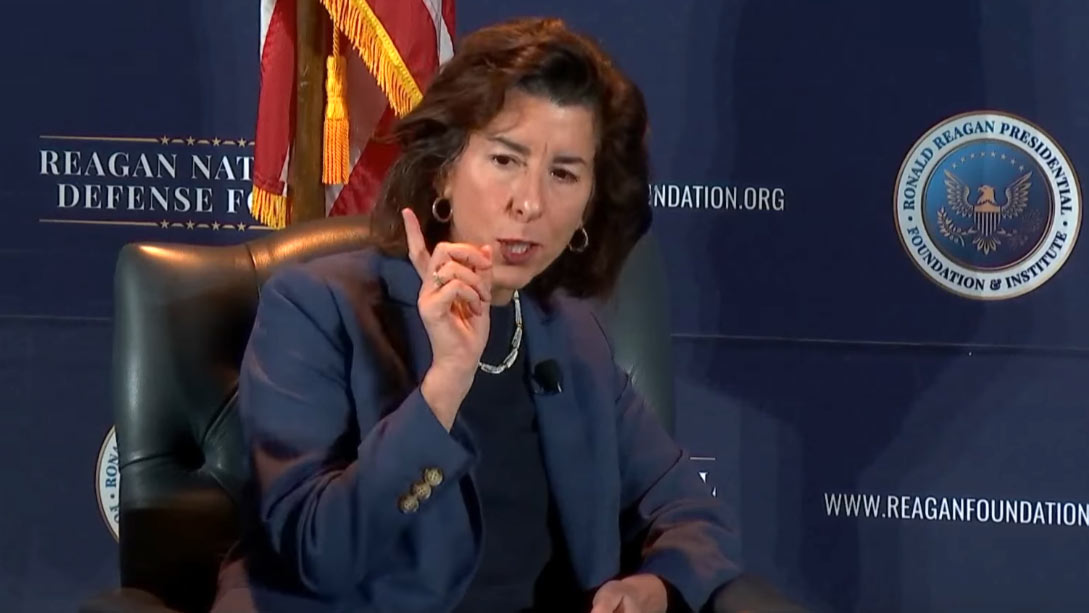
The Chip War rages on between the United States and China, as Biden's Commerce Department has added 37 Chinese entities involved in quantum technology to the Entity List under the Export Administration Regulations (EAR), harshly restricting the flow of American resources to the targeted entities.
37 entities in the most recent revision of the Entity List were added due to their involvement in quantum computing research or the China spy balloon incident. Quantum research is a burgeoning field that has recently attracted the eye of world governments. 22 of the targeted entities were specifically linked by the Commerce Department to state-run efforts to advance in quantum research, or for seeking to acquire US-originating tech for the study of quantum computing.
The military applications of Chinese access to quantum computing are the chief public concern for the Biden administration. "When you think national security you might think guns, tanks, missiles, fighter jets. I think semiconductors, quantum, AI models, etc.," said Gina Raimondo, US Commerce Secretary in Congress. In an address to Congress on Wednesday, Raimondo stated the goal of the Commerce Department is to "constantly [study] these dual-use technologies to figure out what do we have, where is China, and make certain that China cannot access our technology for their military."
Outside of sourcing quantum from the U.S., 11 entities were targeted for involvement with the Chinese spy balloon that flew over the U.S. in 2023, and 4 entities allegedly sought out quantum computing for use in military unmanned aerial systems; UASes attracted special attention last month when Chinese researchers utilized Nvidia Jetson SoCs for UAS guidance systems.
The Commerce Department credits the additions to the Entity List to the Disruptive Technology Strike Force, a joint task force between it and the Department of Justice established in 2023. In its first year of operation, the Strike Force charged 14 cases involving alleged sanctions and export violations and likely aided in arresting two Chinese nationals accused of the same charges last month. The Strike Force utilizes the Entity List as a "key tool... to prevent US advanced technology from misappropriation", said Matthew S. Axelrod, Assistant Secretary in the Commerce Department's Bureau of Industry and Security. "Preventing Chinese companies from acquiring technologies that enable the People's Republic of China's quantum, drone, and high-altitude surveillance programs is critical to protecting US national security,"
The militaristic and imperative nature of Raimondo and Axelrod's quotes on the Chip War stands at odds with the US State Department's stance. Antony Blinken, US Secretary of State, said to NPR last week, "We're not focused on cutting off trade, or for that matter containing or holding back China." China, of course, disagrees with this moderate take, with its embassy in Washington calling this wave of restrictions "blatant economic coercion and bullying in the field of technology." China renewed vows to safeguard the lawful rights of Chinese firms and institutions, letting the Chip cold war simmer ever hotter.







